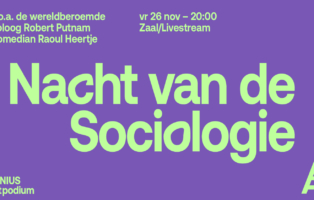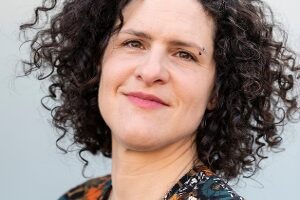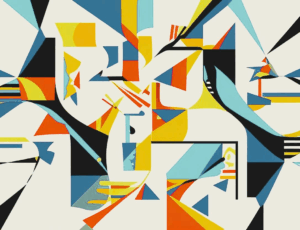About 'Facial Recognition'
Automated facial recognition technology is creeping into public spaces. It speeds up boarding at airports, automatically identifies lawbreakers and schools can track student emotions. Facial recognition is often criticised, it “might be the world’s most divisive technology,” argued The New York Times and it is “arsenic in the water supply of democracy,” denounced the UK civil liberties group Liberty. The Europe-wide campaign Reclaim Your Face wants to ban facial recognition technology from public space across the European Union, because the technology is “secretive. Unlawful. Inhumane.” How does the perception of facial recognition in the public eye develop over time? What forms of resistance emerge? What are the advantages and dangers of facial recognition? Should it be banned or are there conditions that make ethical use possible? This conversation is made possible by NIAS, Netherlands Institute for Advanced Study in the Humanities and Social Sciences.
About the speakers
Stefania Milan is Professor of Critical Data Studies at University of Amsterdam. She is currently Fellow at NIAS, where she is engaged in the project Face Off! Resistance to Facial Recognition Technology in Public Spaces
Marjolein Lanzing is assistant Professor Philosophy of Technology at University of Amsterdam. She researches ethical aspects of various digital techniques and is member of the board of Bits of Freedom.
Marthe Kerkwijk (moderator) is is head of the philosophy program at the Internationale School voor Wijsbegeerte (ISVW) .
Registration
The ‘Nacht van de Filosofie’ is helt at Vlaams Cultuurhuis de Brakke Grond in Amsterdam. Registration is possible through the website. Tickets for the entire program are €39,- / €30,00 students.




